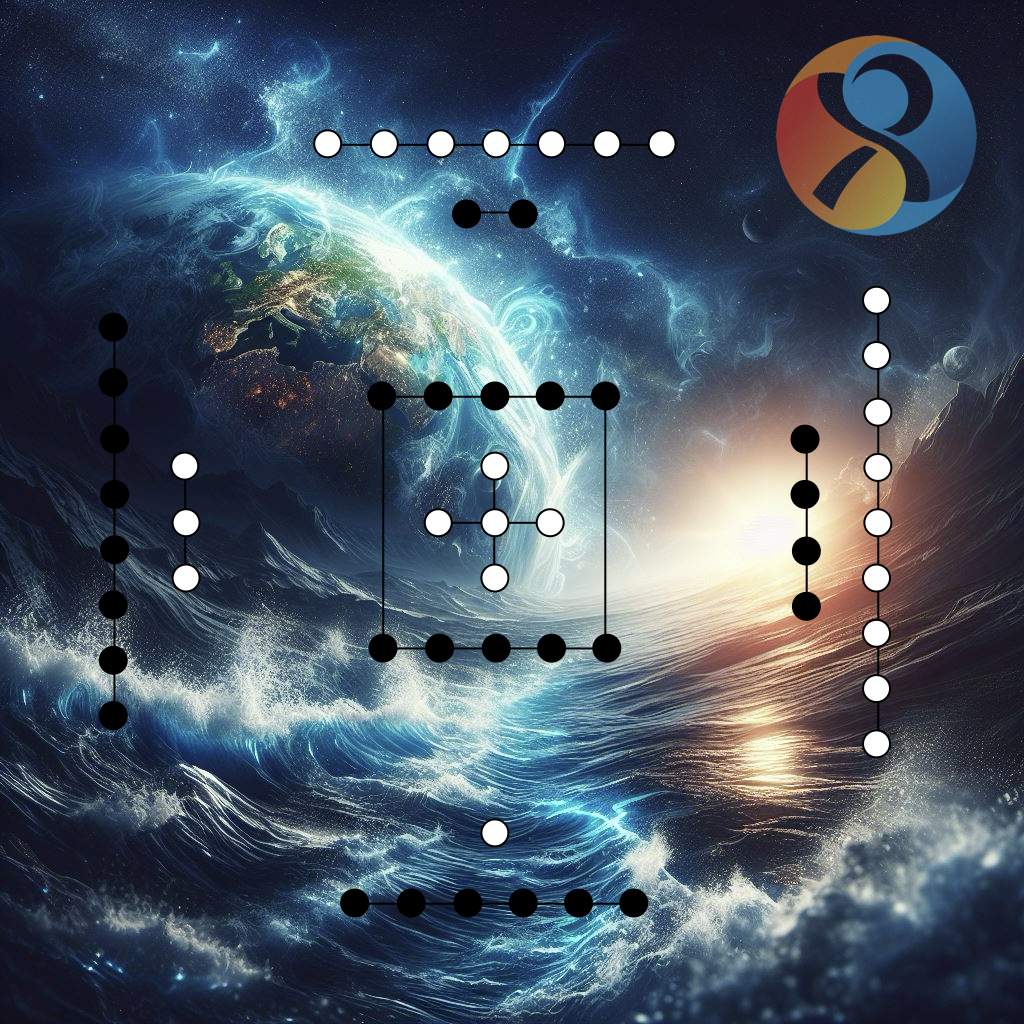五行理论的起源与原理

The theory of the Five Elements in Chinese culture is an important part of ancient philosophical thought, which summarizes and generalizes the laws of change in nature. Although there is some debate about which element the Five Elements originated from, according to ancient texts and observations, water is often considered the primary element.
The principle of the Five Elements—metal, wood, water, fire, and earth—is rooted in observations and inferences from nature. They are used to describe and explain the generation, restraint, and interrelationships of all things and form an important theoretical foundation for ancient Chinese philosophy and medicine.
Firstly, the theory holds that all things originate from water. In ancient beliefs, water symbolizes the origin and nourishment of life, serving as the foundation for all existence. The Book of Changes (Yi Jing) states: “One is the beginning, and heaven produces water.” This expresses the idea that water is the source of all things.
From the perspective of the Earth, ancient Earth was once covered by vast oceans, and life originated and evolved in water. This concept is also reflected in the evolutionary history of the Earth, where the earliest forms of life originated in the oceans, and life gradually proliferated onto the land over time.
In the process of human birth, water and the reproductive process of parents play a crucial role. After the union of sperm and egg, the embryo grows in the mother’s womb, nourished by water and blood, eventually giving birth to new life.
Understanding the theory of the Five Elements helps people explore the principles of Yi Xue (the study of changes) more deeply. By understanding the origin and interrelationships of the Five Elements, people can better comprehend the laws of change in nature and apply them to various aspects of practice such as medicine, divination, and feng shui. The theory of the Five Elements occupies an important place in traditional Chinese culture, providing people with a framework for understanding the world and harmonizing their lives.
五行理论的起源与原理
中华五行理论是中国古代哲学思想中的重要组成部分,它是对自然界万物变化规律的概括和归纳。虽然有一些争论关于五行始于哪一种元素,但根据古代文献和观察,五行的始源往往被认为是水。
五行金木水火土的原理根植于自然界的观察和推断。它们被用来描述和解释万物的生成、克制和相互关系,是中国古代哲学和医学的重要理论基础之一。
首先,五行理论认为万物始于水。在古代观念中,水象征着生命的起源和滋润,是一切生命存在的基础。《易经》中有言:“一为始,天一生水。”这句话表达了水是一切万物的起始之源。
从地球的角度来看,地球上古时候是一片茫茫大海,生命在水中诞生并演化。这种观念也体现在地球自然演化的历史中,最早的生命形式诞生于海洋,随着时间的推移,陆地上的生命逐渐繁衍而来。
在人的诞生过程中,也离不开水的润泽和父母的生殖。精卵结合之后,胚胎在母体中依赖水分和血液的滋养成长,最终诞生新的生命。
五行理论的理解有助于人们更深入地探索易学。通过理解五行的起源和相互关系,人们可以更好地理解自然界的变化规律,从而应用于医学、占卜、风水等各个方面的实践中。五行的理论在中国传统文化中占据着重要的地位,也为人们提供了一种认识世界、调和人生的思维框架。
Views: 0
